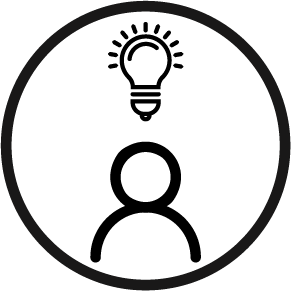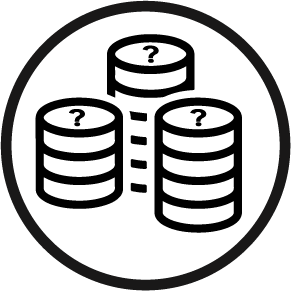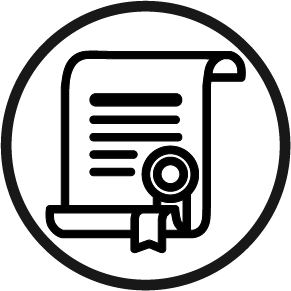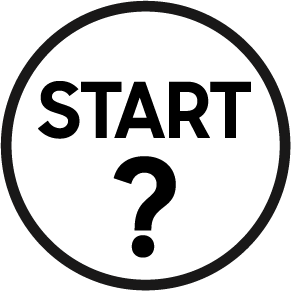Disability Inclusion in Education Cluster coordination and response
Ways to join
Short Summary:
Find out more about how to integrate Disability Inclusion in Education in Emergencies (EiE) Cluster Coordination and Response.
Course short name:
Disability Inclusion in Education Cluster
Hide course from catalogue: No
Topic: Humanitarian Essentials, Programmatic Support, Technical Sectors
Management Essentials:
Safety and Security:
Programmatic Support: Coordination
Technical Sectors: Education, Protection
Humanitarian Essentials: Diversity and equality
Language: English
Format: Online self-directed
Provider: Global Education Cluster, Humanitarian Leadership Academy
Region: Global
Compatibility: Offline, Tablet, Smartphone
Welcome to Child participation in Education Cluster coordination
Children and adults with disabilities are disproportionately impacted by humanitarian emergencies. However, their needs and priorities are often not clearly identified and they often face barriers to accessing humanitarian assistance. All humanitarian actors, including Education in Emergencies actors, have the responsibility to include children and adults with disabilities in their response. All children and young people have the right to education, but due to discrimination, including physical, communication, attitudinal and policy barriers they face to accessing assistance, children and young people with disabilities are often left out of Education responses. Implementing partners and coordination actors all have a role to play in ensuring children and young people with disabilities have access to a safe and quality education.
In this course, we will explore:
- What disability inclusion means and why inclusive education is important;
- Concrete actions Education partners can take to promote Disability Inclusion in their EiE response;
- What role Cluster/EiE Working Groups teams can play to better integrate Disability Inclusion in EiE programming.
 | Is this course for me? |
|---|---|
| This course targets primarily Education Cluster and EiE Working Group Coordination teams, including Coordinators and Information Management Officers (IMOs). It is also very relevant to all Education Cluster partners involved in EiE service delivery and programme implementation and those working in all clusters/ sectors/ Areas of Responsibility (AoRs). | |
 | How will I benefit from this course? |
After completing this module, you should be able to:
| |
 | How long will it take? |
| This course should take you around 50 minutes to complete. | |
 | How much does it cost? |
| This course is free! | |
 | Will I get a certificate at the end? |
| Yes - you will be able to download a
certificate once you have have completed all of the modules within the
course. | |
 | How do I start? |
| Scroll to the top of the page and click on the I agree - Join course button. This will take you through to the course content. You don't need to complete the course in one go - you can always continue later from where you left off. |
Data protection
This course was created by the Global Education Cluster who monitor use of this course to ensure it is fit for purpose. This means that staff members in the Global Education Cluster will be able to see the name you use on Kaya and any professional information you have given us. All this data will be anonymised before it is used for any analysis or reporting.
If you have any questions about this course, please email ClusterThematics@gmail.com

